Day Thirteen
DAY 13: Dr Elise Bialylew interviews Angel Kyodo Williams
In today's video, you'll learn:
- The difference between mindfulness and meditation.
- What is meant by “embodied experience” and how this is a crucial factor in managing your emotions and deepening your relationships.
- How mindfulness can help you make decisions.
- Understanding the relationship between mindfulness and social activism.
Prefer to listen, rather than watch? Click the play button below to hear Elise's audio interview with Angel Kyodo Williams.
Want to read the transcript from this interview? Mind Life Project members receive access to interview transcripts and 6 months of mindfulness support, live meditations, and more👇
[accessally_missing_any_tag tag_id='707' comment='MLP 2021']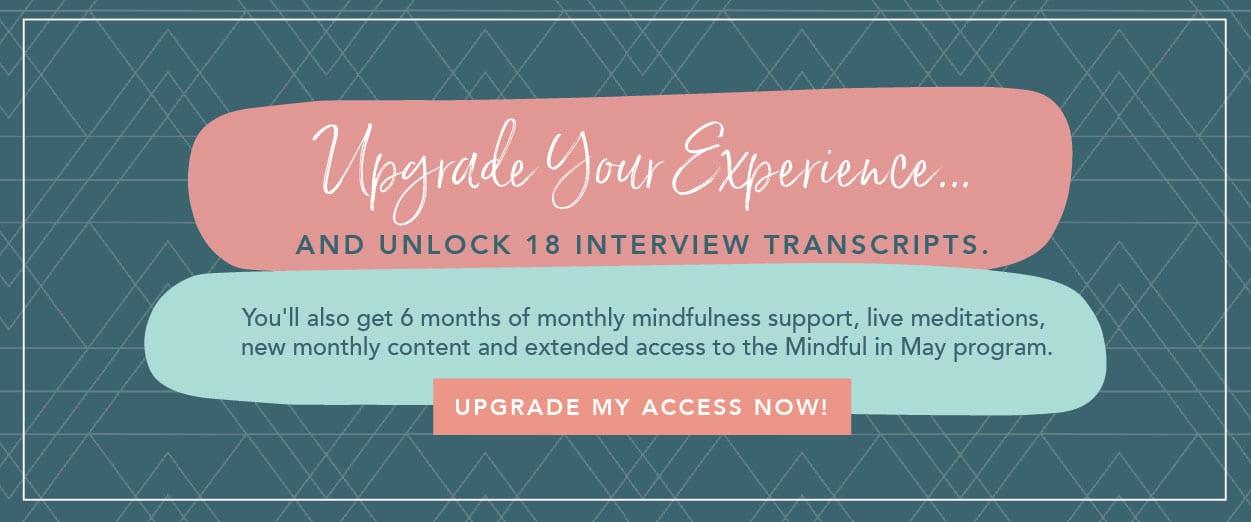 [/accessally_missing_any_tag][accessally_has_any_tag tag_id='707' comment='MLP 2021']Mind Life Project Bonus Content:
[/accessally_missing_any_tag][accessally_has_any_tag tag_id='707' comment='MLP 2021']Mind Life Project Bonus Content:
Click here to download the transcript of Dr Elise Bialylew's interview with Angel Kyodo Williams.[/accessally_has_any_tag]
Your meditation for today
Nurturing Breath Meditation with Elise Bialylew
Making Decisions
“Without inner change there can be no outer change. Without collective change, no change matters.”
~ Angel Kyodo WIlliams
Making Decisions
In our interview, Angel Kyodo Williams touches on how mindfulness can be helpful in the realm of decision making.
Many of us get really stuck when faced with making decisions, and mindfulness can be a very helpful tool in supporting us in this kind of challenge. Our emotions can be a helpful guide in the face of making big decisions. As you become more aware of the body sensations associated with particular emotions (not just the thoughts), you’ll find a deeper source of wisdom that is your intuition or “gut feeling”.
“When you have to make a choice and don’t make it, that is in itself a choice.”
~ William James
The word “decision” comes from the Latin “decidere”, which means “to cut off”. Decisions lead to change, which inevitably come with losses and gains, and for many of us the thought of closing doors and making the “wrong” decision can be deeply uncomfortable. We each have our own unique way of making decisions. Some of us dive into taking action in the face of a decision. Alternatively, some of us end up in analysis paralysis and then finally make a choice once we’ve exhausted all possible outcomes in our mind.
Although many philosophers over the centuries have warned that we should always turn to reason over emotion, science has revealed that our emotions are actually useful bodily signals that can help to support our decisions.
In fact, the phrase “trust your gut” has a scientific base, thanks to a part of the brain called the “basal ganglia”. According to Daniel Goleman, our basal ganglia stores information about everything we do and keeps track of our decisions, like a database that remembers everything from our lives. It isn’t connected to our verbal brain and so it can’t communicate with our reason, but it is connected to the gut and may therefore play an important role in what we call “intuition” - our non-verbal feeling system. It can’t tell us what it knows in words, so it tells us what it knows through the body - through our feelings.
In the Western world, we too easily dismiss the body as no more than a
mode of transportation for our heads, rather than an additional source of
intelligence. So as we continue to build a regular mindfulness practice, we’re deepening our capacity to call upon our whole body wisdom.
This mindful writing exercise invites you to bring your awareness back into the body:
1. Take ten minutes to settle yourself by doing today’s guided meditation.
2. After the practice is finished, bring your awareness into the region
of your gut.
3. Notice any bodily sensations in this area.
4. Now set a timer for five minutes and write as if you were the gut
writing to “yourself”.
5. Ask your gut to tell you what you need to pay attention to at the
moment.
6. If your mind starts to get judgmental or agitated, just imagine
you are unscrewing your head and putting it next to you for five
minutes.
7. Allow the pen to flow.
8. You may need to keep remembering to come back to resting your
awareness on the belly.
Ask yourself what this is really about.
Often a decision may seem like it’s about one thing, but through further investigation, you’ll discover it’s about something deeper and more universal, like the fear of the unknown or a need to be in control. When I catch myself clinging to the need for a perfect decision, I remind myself that there is no way of absolutely knowing its consequences. Instead of letting myself be trapped by the need for certainty, I turn my mind to a challenge that I have faced and managed, and I tap into my inner resource of resilience. I remind myself that I’m making the best decision I can, knowing all that I know, and that I will have the strength and resilience to manage its outcomes.
Some questions for your reflection:
• How do you make big decisions or small decisions?
• What have you learned about how you make decisions?
• What gets in the way of you making a decision?
• What have you learned about the wisdom of the mind, heart and
gut through making decisions?
• What wisdom can you call upon from lessons you’ve learned
through previous decisions that can support you in any current
decisions you need to make?
stay on track
[progressally_objectives]
[progressally_progress_pie_chart size="80"]

DONATE HERE
If you'd like to make a donation, you still can! Every $50 donated will bring clean water to one person for life.

Bonus Interviews
Watch Elise's conversations with four leading well-being experts: Shauna Shapiro, Linda Graham, Frank Osteseski, and Jon Kabat Zinn.
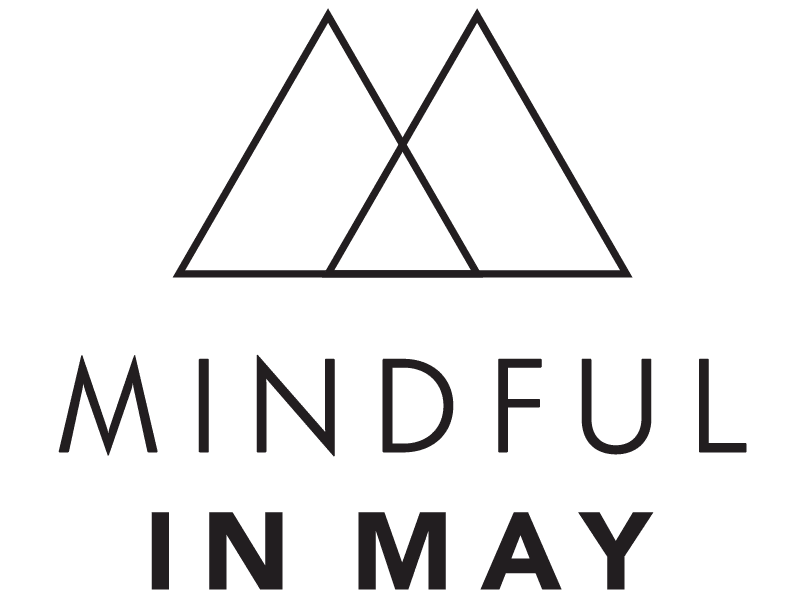
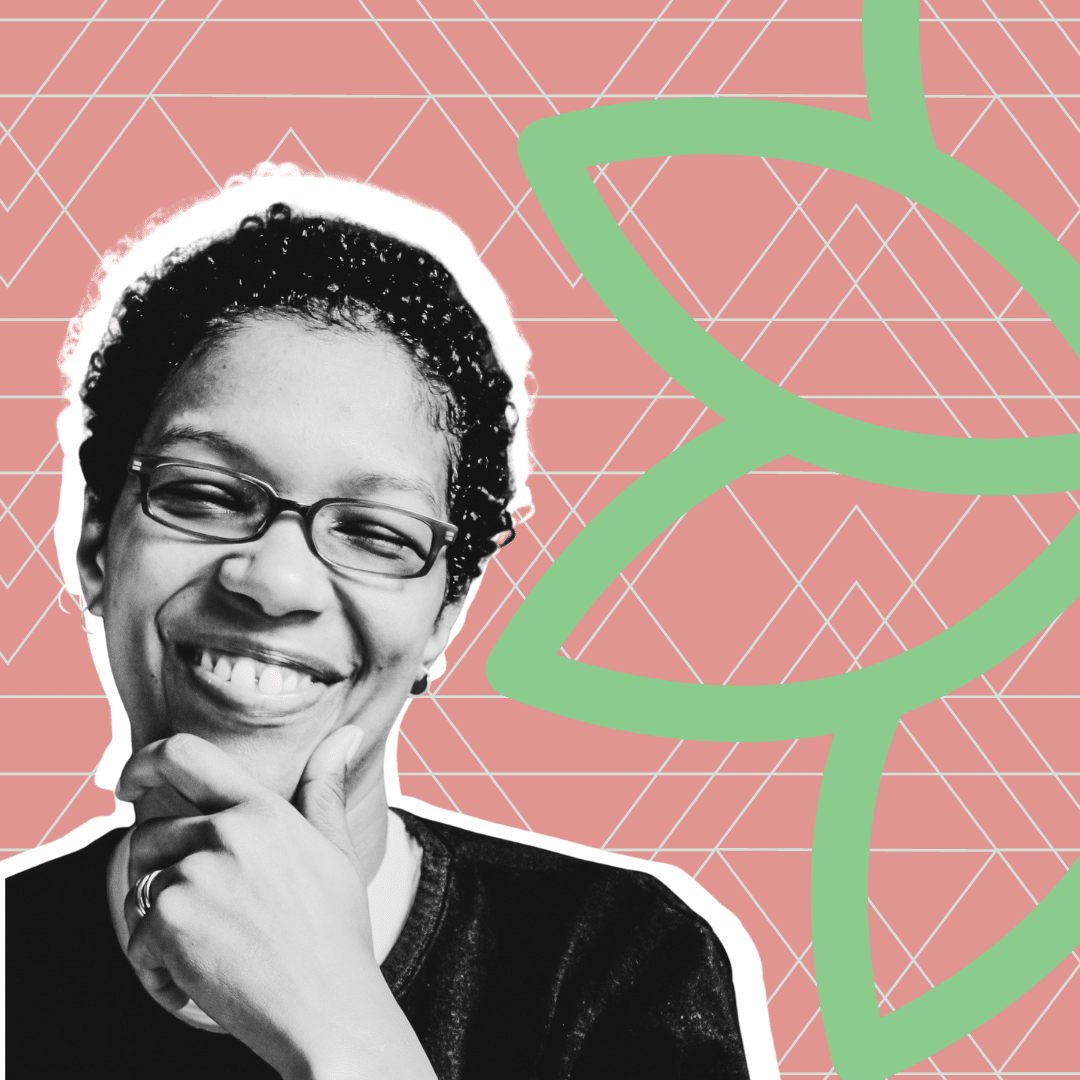 Angel Kyodo Williams is a writer, activist, ordained Zen priest and the author of Being Black: Zen and the Art of Living with Fearlessness and Grace,and the co-author of Radical Dharma: Talking Race, Love, and Liberation. Called "the most vocal and most intriguing African-American Buddhist in America" by Library Journal, Williams is the Spiritual Director of the meditation-based new Dharma Community and founder of the Center for Transformative Change in Berkeley, California and is also credited with developing fearless Meditation, fearless Yoga and Warrior Spirit Training. As of October 2013, she is the world's 2nd female Zen teacher of African descent.
Angel Kyodo Williams is a writer, activist, ordained Zen priest and the author of Being Black: Zen and the Art of Living with Fearlessness and Grace,and the co-author of Radical Dharma: Talking Race, Love, and Liberation. Called "the most vocal and most intriguing African-American Buddhist in America" by Library Journal, Williams is the Spiritual Director of the meditation-based new Dharma Community and founder of the Center for Transformative Change in Berkeley, California and is also credited with developing fearless Meditation, fearless Yoga and Warrior Spirit Training. As of October 2013, she is the world's 2nd female Zen teacher of African descent. 